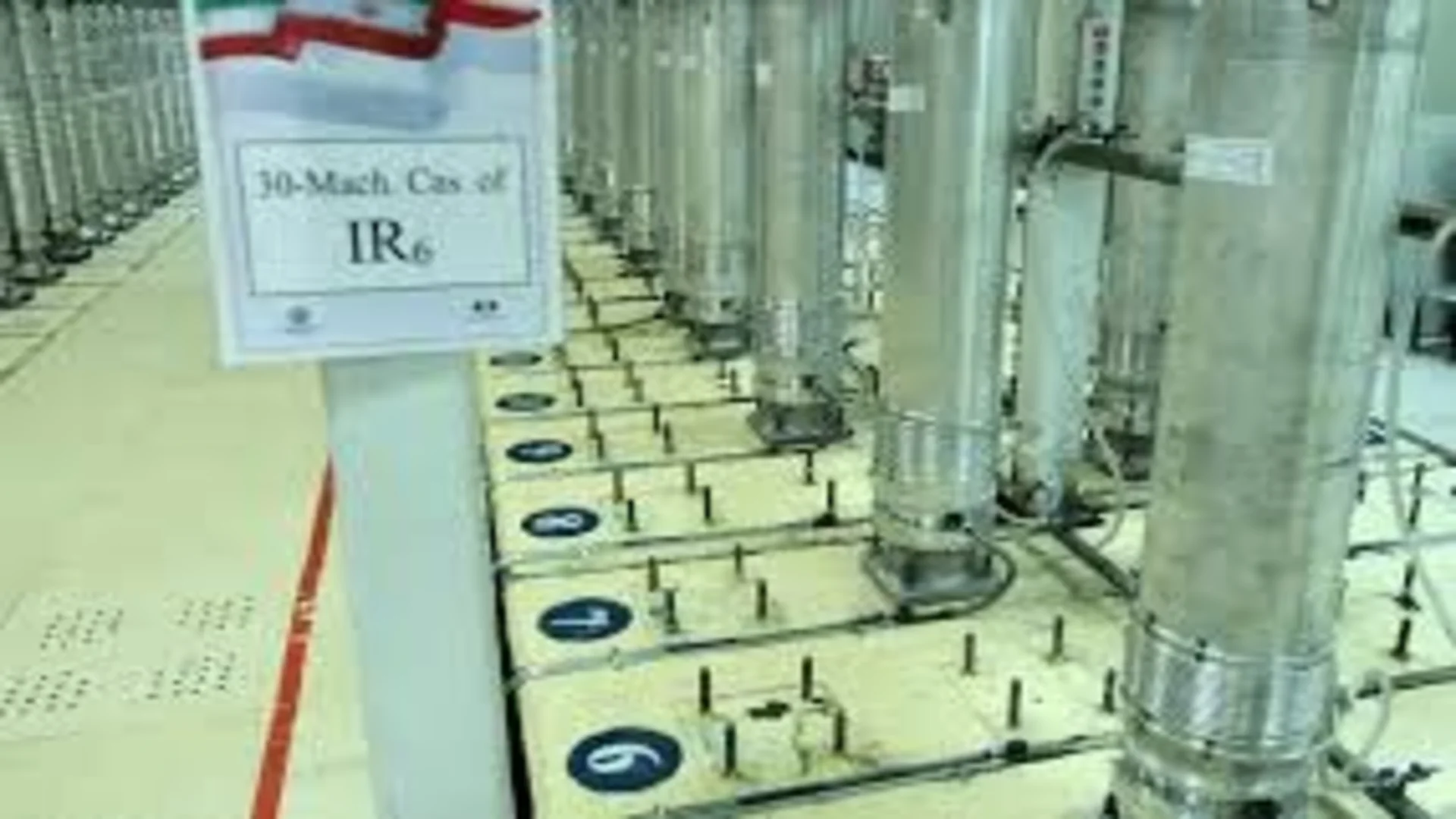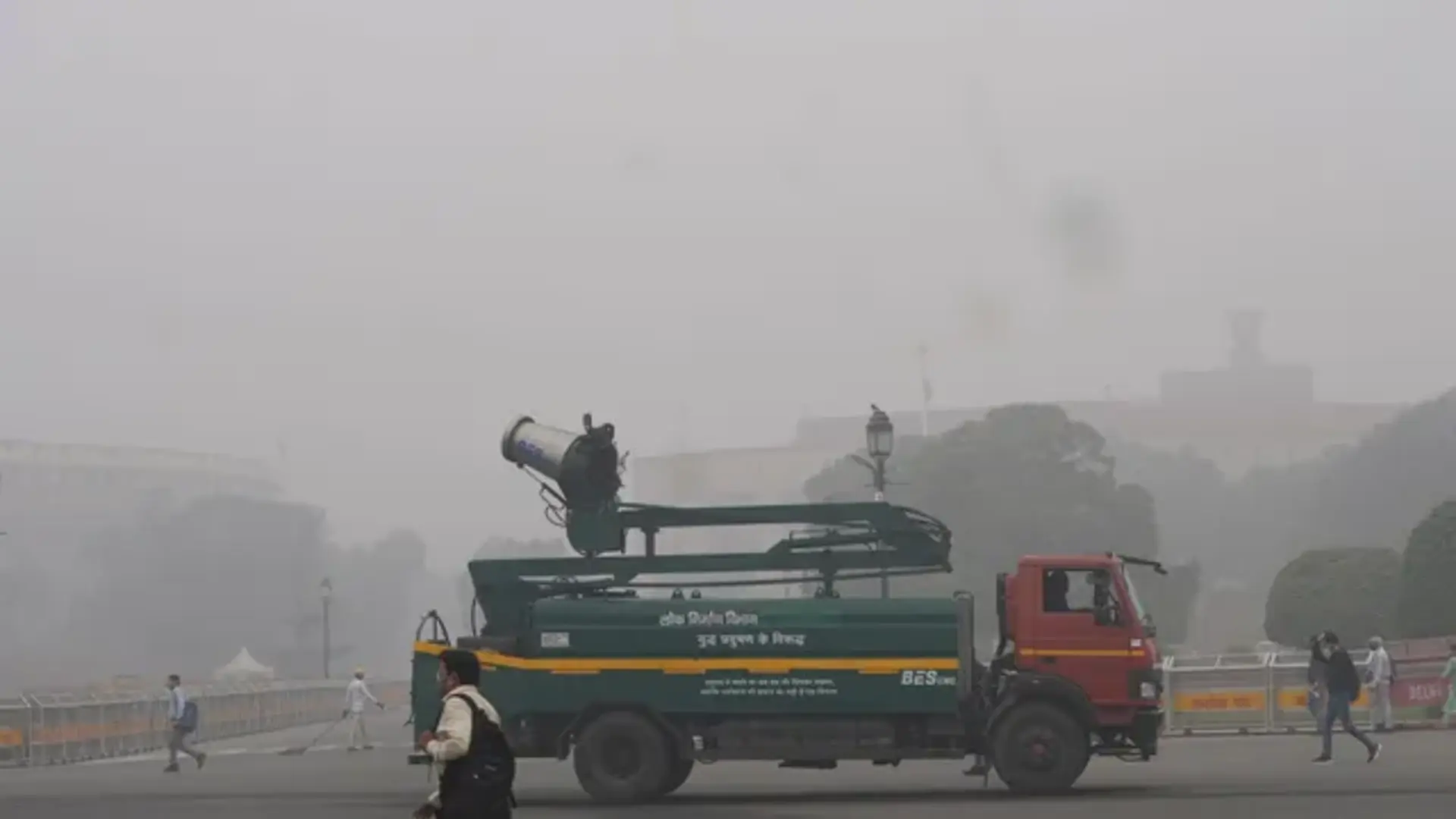
The crew of the National Aeronautics and Space Administration’s (NASA) Artemis 1 moon mission was unable to get the rocket’s engines to the right temperature range needed to ignite them at liftoff, hence the mission had to be postponed. According to NASA, the mission management team will reveal the next step on Tuesday at 6 o’clock (i.e.,3:30 am Wednesday as per Indian time).
The crew of the NASA Artemis 1 mission “ran off time” during the two-hour launch window on Monday, thus the countdown for the mission’s initial attempt was placed on hold at T-40 minutes and later aborted. The mission—hailed as the beginning of the next phase of human lunar exploration—was supposed to launch at 6:03 p.m.
“The launch director called a scrub because of an engine bleed that couldn’t be stopped,” NASA informed of the reason behind postponing the launch.
Before super-cold fuel begins to flow through the four RS-25 engines of Artemis Mission’s Space Launch System for liftoff, they must first be thermally conditioned.
The launch controllers increase the pressure on the core stage liquid hydrogen tank to route some of the almost minus 423 F liquid hydrogen to the engines in order to bring them to the appropriate temperature.
NASA thinks it is improbable that the issue stems from the engine itself, despite the fact that it started in one of the engines.
On the day of the launch, lightning and storms struck the area. Although the storms delayed the beginning of the propellant loading procedures, the launch was unaffected by lightning because none of the hits directly hit the SLS rocket.
Bill Nelson, the administrator of NASA, described the project as exceedingly complicated and emphasised the necessity for complete certainty before launch. According to him, he didn’t want to ignite the candle until it was prepared.















